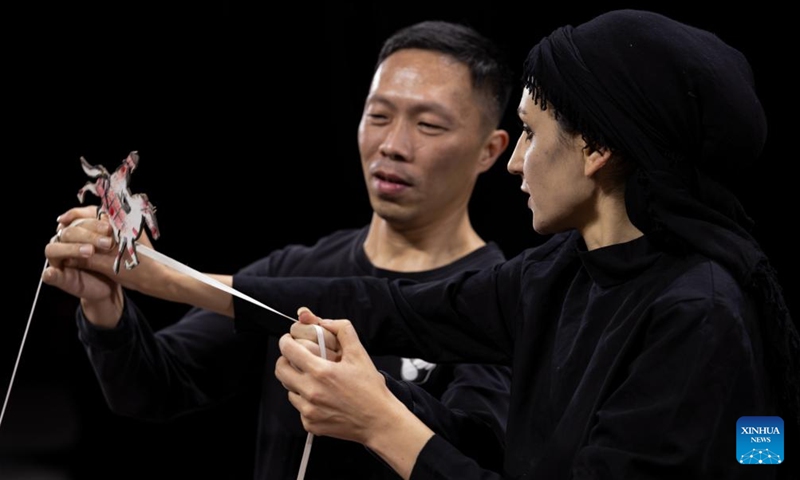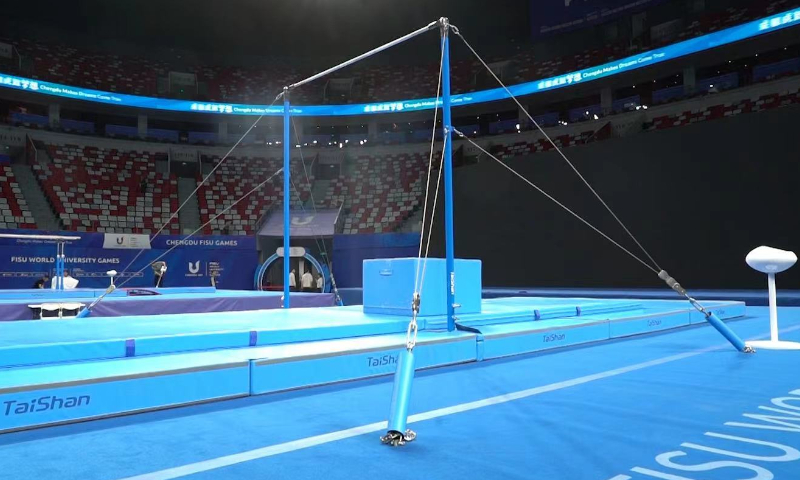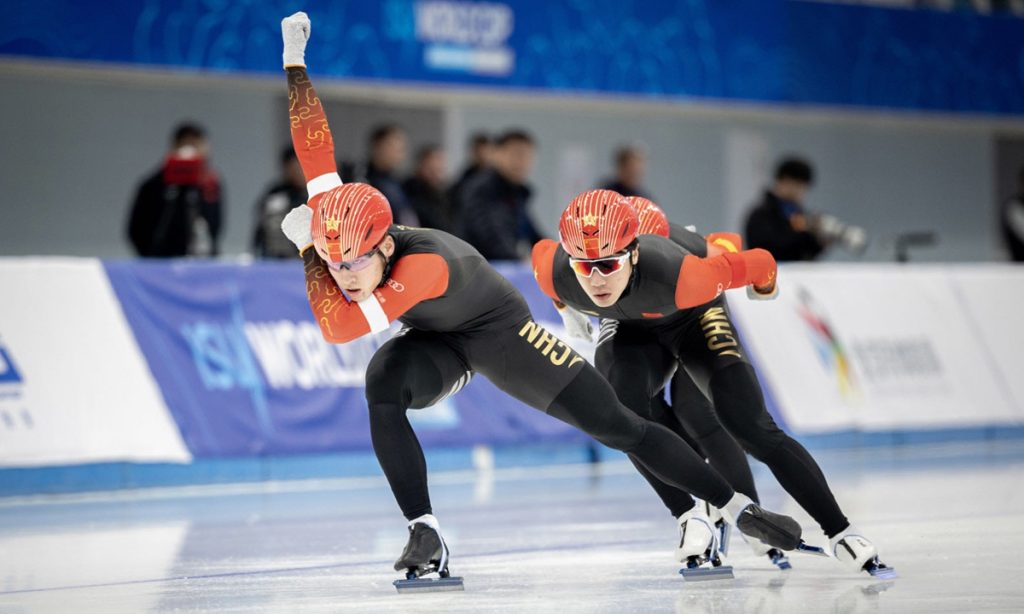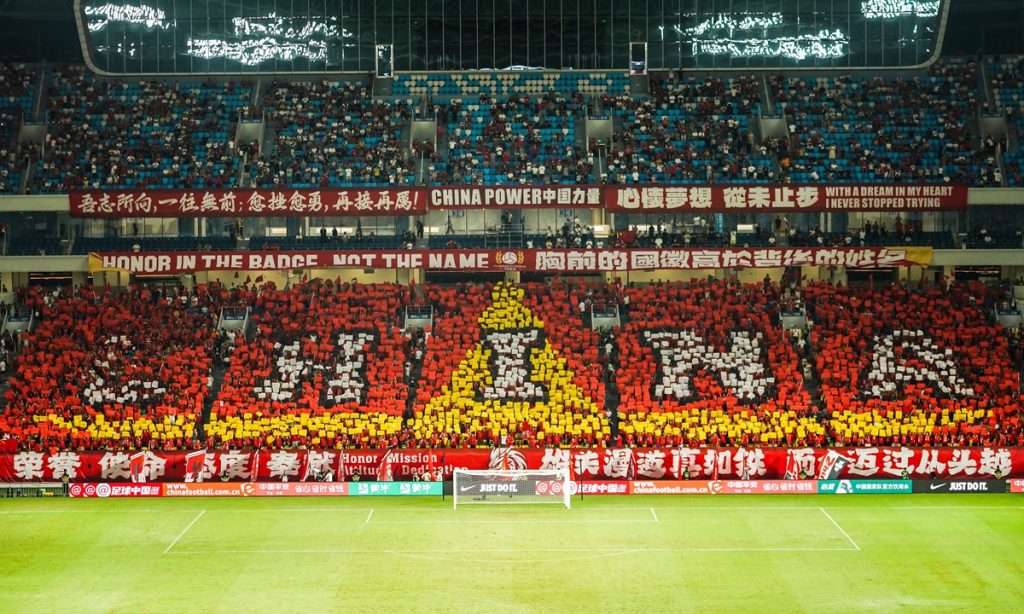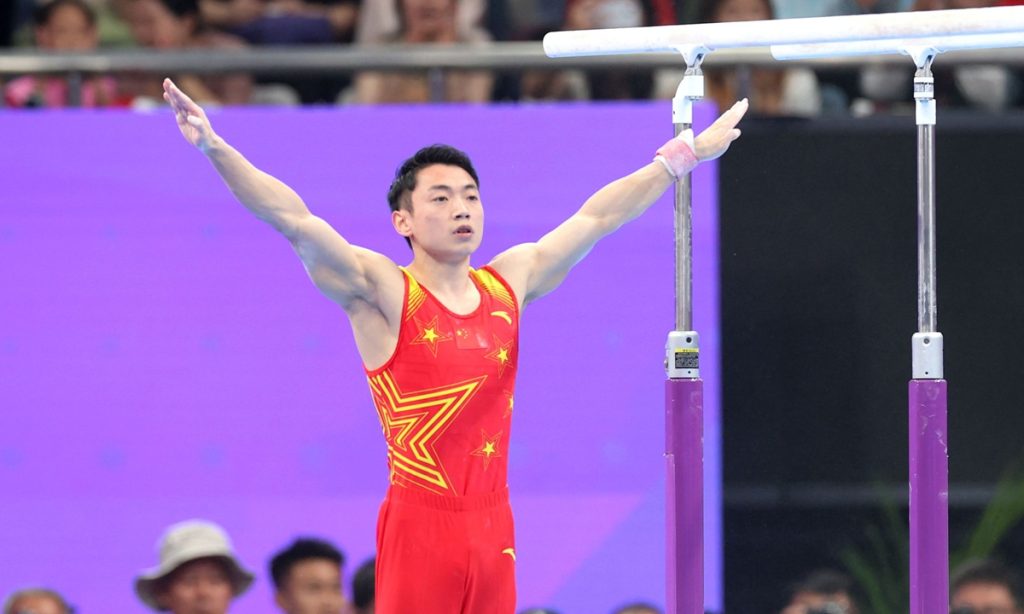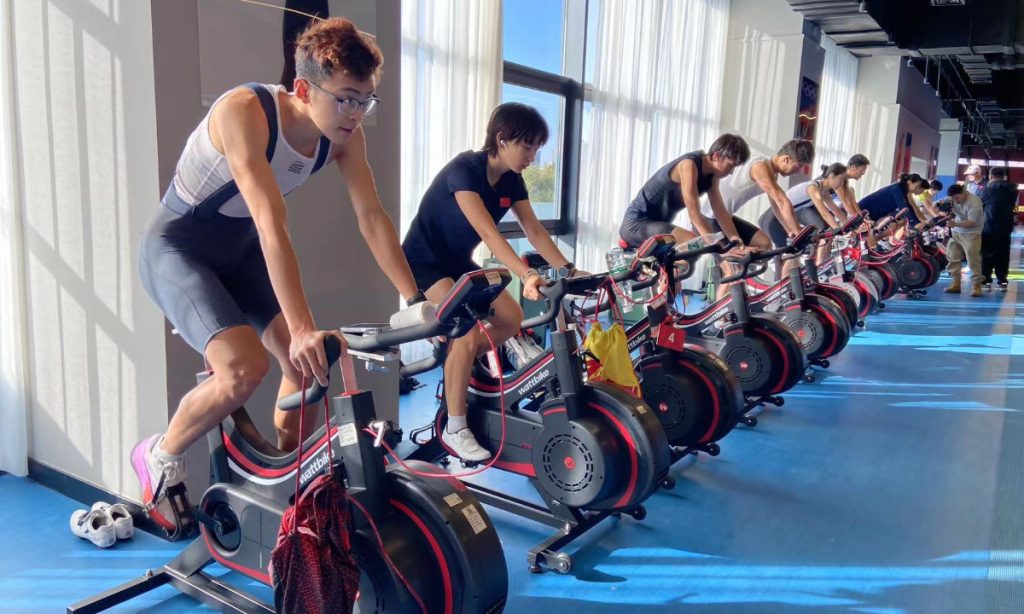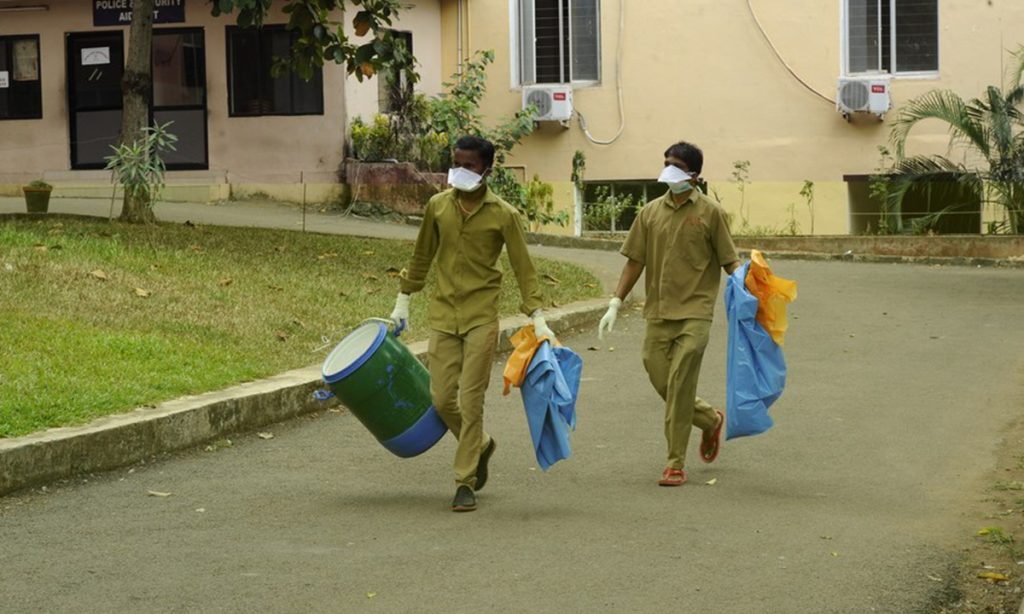Governments in earthquake-hit provinces shift focus from rescue to victim resettlement amid sub-freezing temps
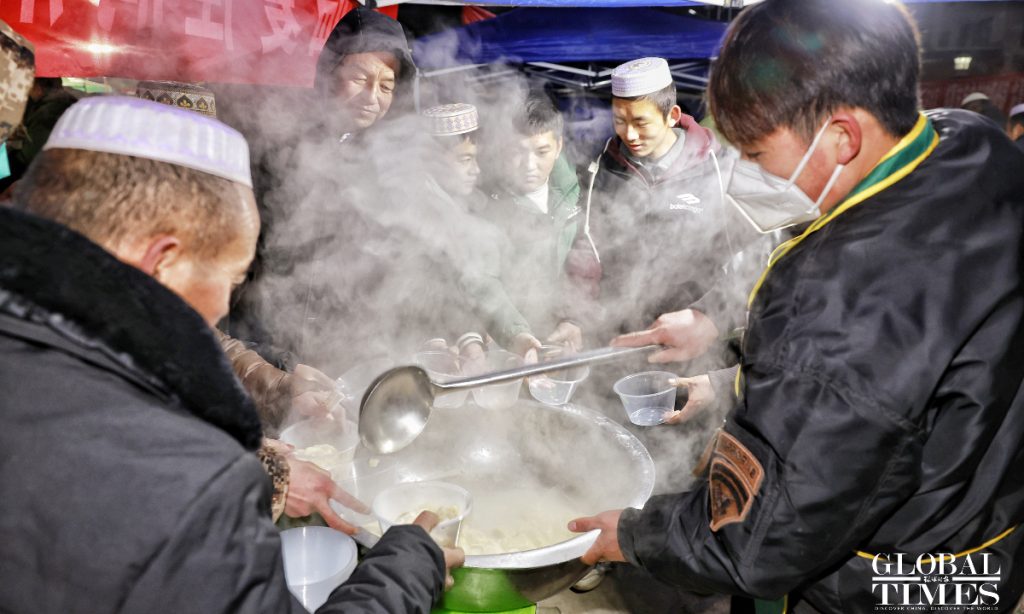
Local governments of the earthquake-hit provinces of Gansu and Qinghai vowed to take immediate measures to ensure victims are under warm roofs amid sub-freezing temperatures, and to provide them with sufficient life necessities. Specialized and timely medical treatment is also being arranged for those who were injured during the disaster.
Gansu's emergency management bureau said on Thursday that the province's earthquake relief work has achieved a phased victory and that the search for the missing was basically over. Now the local government is focusing on saving the injured, the resettlement of victims and cleaning debris from across earthquake-stricken areas.
The death toll caused by the devastating earthquake that rattled Northwest China on Monday night had reached 137 as of Thursday - 115 in Gansu and 22 in Qinghai.
Officials in Qinghai vowed to make resettlement of earthquake victims a priority and to offer special treatment to the elderly, children, women and other special groups.
Meanwhile, local hospitals have received a total of 784 injured people, and health authorities are currently providing psychological counseling for those impacted by the disaster.
Bai Yuping, an official from Gansu's health authority, said at the Thursday conference that those who suffered minor injuries were sent to hospitals close by, and those in severe condition were sent to provincial and key hospitals. Bai said timely and customized treatment has been provided to each injured victim.
She said mobile medical teams had been dispatched to villages hit hardest by the earthquake. Those teams can receive 500 people on daily basis.
Under the guidance of the Ministry of Housing and Urban-Rural Development of China, Gansu provincial housing and urban-rural authorities established an earthquake relief command headquarters, and initiated a Level II emergency earthquake response. The ministry has dispatched personnel to the affected areas to provide guidance for disaster relief, according to the local officials.
More than 500 specialists and technicians have been dispatched to the area to survey the damage to residential areas and facilities, conduct emergency assessments of building structures, and carry out urgent repairs.
As of Thursday, the water and gas supply in Jishishan county, the epicenter of the earthquake, had resumed.
Some schools in earthquake-hit areas have already resumed in-person classes or are conducting online teaching. In Qinghai's Minhe county, two out of 176 schools are carrying out online teaching.
People's Liberation Army (PLA) soldiers have built up a "tent school" in one of the makeshift shelters near Jishishan, media reported. In this "temporary school," young students are being taught about national defense and safety during disasters.
However, the Global Times reporters learned from a rescue team that the biggest challenge remaining is the sub-freezing temperatures in the earthquake-hit zones. The weather authority in the Linxia Hui Autonomous Prefecture, which governs Jishishan, said that temperatures will remain at -10 C to 14 C from Wednesday to January 2, 2024.
Some rescue workers have established shifts to ensure they can maintain their stamina and avoid damaging their health amid freezing temperatures.
Government employees, soldiers from the PLA and volunteers are racing against time and the cold to erect tents for earthquake victims. In Dahe village, Jishishan county, a PLA soldier told the Global Times that they make sure every tents has stoves to keep victims warm.
Currently, life necessities such as food, tents and clothes as well as large rescue equipment are still urgently needed. Relief goods donated from all over the country have been pouring into the disaster area. As of Wednesday night, the central government departments have allocated a total of 135,500 disaster relief supplies to Gansu and Qinghai. A total of 126,600 items have been delivered so far.
However, the Global Times learned that some villages are still in need of relief supplies. More than 20 people in Shanzhuang village in Jishishan have only one tents, a villager surnamed Ma said. When a 4.1-magnitude aftershock jolted neighboring areas in Jishishan on Thursday morning, the villagers had to spent the night in the open air, and every family only had one package of instant noodles, and is in urgent need of cotton padded coat to keep themselves warm, said Ma.
As of Wednesday morning, the Gansu provincial government said on Wednesday that the province had recorded a total of 423 aftershocks.
